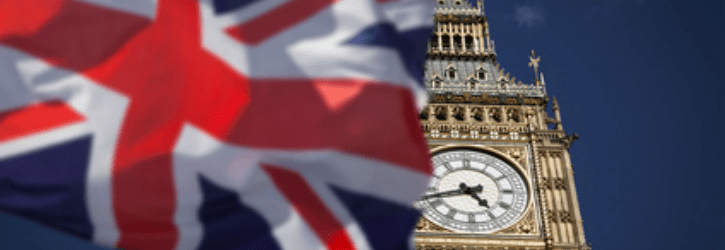
Sign-up to a data breach claim today - use our quick and easy form to begin your claim for thousands of pounds in compensation.
Some may fall into a false sense of security that governmental departments are the safest place for securing data, but latest statistics reveal that personal data held by governmental departments is being breached at least once an hour!
According to the Commons’ Public Accounts Committee (PAC) report, there were an astonishing 8,995 data breaches in the largest 17 Whitehall departments back in 2015.
The figure amounts to approximately 24 breaches a day; i.e. one an hour!
There’s a growing concern about whether public bodies/authorities are most vulnerable to cyber-attacks like the one that brought the NHS and other global companies to its knees in May. This could be down to insufficient measures and outdated systems being unable to prohibit data being lost, negligently shared, or hacked in to.
This could lead to a great deal of harm for potentially thousands of people.
The report shows that 98% of breaches occurred within the HM Revenue and Customs department and the Ministry of Justice department. This is incredibly high.
The PAC report also illustrates that very few civil servants actually record breaches like negligently sending emails containing personal details to the wrong recipient.
This can immediately reduce confidence in the ability of ministers and the U.K. Government ‘to protect the nation from higher threat cyber-attacks’, like the NHS hacking.
Old computing systems are a well-known weakness and a potential ‘gateway’ for cyber-criminals to exploit. Outdated operating systems like Windows XP are more vulnerable to cyber-attacks as they may not have the latest security patches installed to help guard against new virus or ransomware threats.
It’s also worth noting that Microsoft reportedly no longer provide any security support for outdated systems like Windows XP.
Although the Metropolitan Police updated 17,000 of its computers to Windows 8.1, it still has more than 10,000 computers still operating on Windows XP like the NHS. This could also be a major factor as to why data breaches within the public realm are a lot higher than those in the private sector.
Defence Secretary Sir Michael Fallonm dismissed claims that Britain’s 4 nuclear missile submarines were vulnerable as they were using a system based on an old computer programme. Back in February, Chancellor Philip Hammond warned against imminent and more frequent cyber-attacks; so shouldn’t this have been the concern back in 2015 where the 8,995 data breaches occurred?
Although the threat of a cyber-attack has been one of the U.K.’s top 4 risks to national security since 2010, there doesn’t seem to be enough emphasis on what impact it can have on individuals, let alone the U.K.
The PAC report details that threats to cyber-security are growing rapidly and the government faces “a real struggle” to find enough staff with the skills to fight them. Even the Committee who undertook the report is less confident of the Cabinet Office to protect the U.K. from high cyber-attacks.
EasyJet admits data of nine million hacked
British Airways data breach: How to claim up to £6,000 compensation
Are you owed £5,000 for the Virgin Media data breach?
Virgin Media faces £4.5 BILLION in compensation payouts
BA customers given final deadline to claim compensation for data breach
Shoppers slam Morrisons after loyalty points stolen
Half a million customers can sue BA over huge data breach
Lawyers accuse BA of 'swerving responsibility' for data breach
The biggest data breaches of 2020
Fill out our quick call back form below and we'll contact you when you're ready to talk to us.